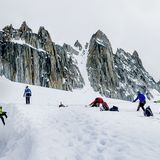
© Urs Nett
Responsible mountaineering Nature's privileged guest
Strong winds, sheer cliffs and freezing temperatures: at high altitudes, the environment is often very inhospitable. One may not come across many plants or animals at these altitudes, but there are some survivors which thrive in such conditions.
One example is the saxifrage. The record height for this resistant plant is 4400 metres at the Dom! If temperatures continue to rise, the natural habitat of these plants will be greatly reduced. Climate change is a reality. This is particularly apparent with the glaciers melting. You can help preserve these impressive masses of ice by using public transport rather than your car, thus reducing CO2 emissions. As an alpinist, you are therefore requested to act responsibly.
Code of conduct for alpinists
Here is some advice for looking after and respecting nature, thus enabling all alpinists, including yourself, to enjoy future adventures in the snow, ice and rocks.
1. Respect the restrictions
Look up climbing prohibitions, annual closures and other restrictions in advance on the SAC route portal and www.zones-de-tranquillite.ch as well as in the SAC guidebook. Pay attention to the notice boards you come across as well.
2. Use the existing paths and itineraries
This helps protect the delicate biotopes of the flora and fauna. Don’t trespass on private property and close gates behind you.
3.Take photographs of flowers rather than picking them
Flowers are at their most beautiful in their natural environment. Pick fruit and mushrooms in moderation and avoid doing so on designated days.
4. Keep the environment clean
Take your rubbish away with you. Should you need to go to the toilet, avoid doing so near water courses and cover up human waste and toilet paper. Bear in mind that the snow will melt in the spring (so avoid the proximity of mountain huts for example). Paper hankies and wipes should not be used as these take a long time to decompose.
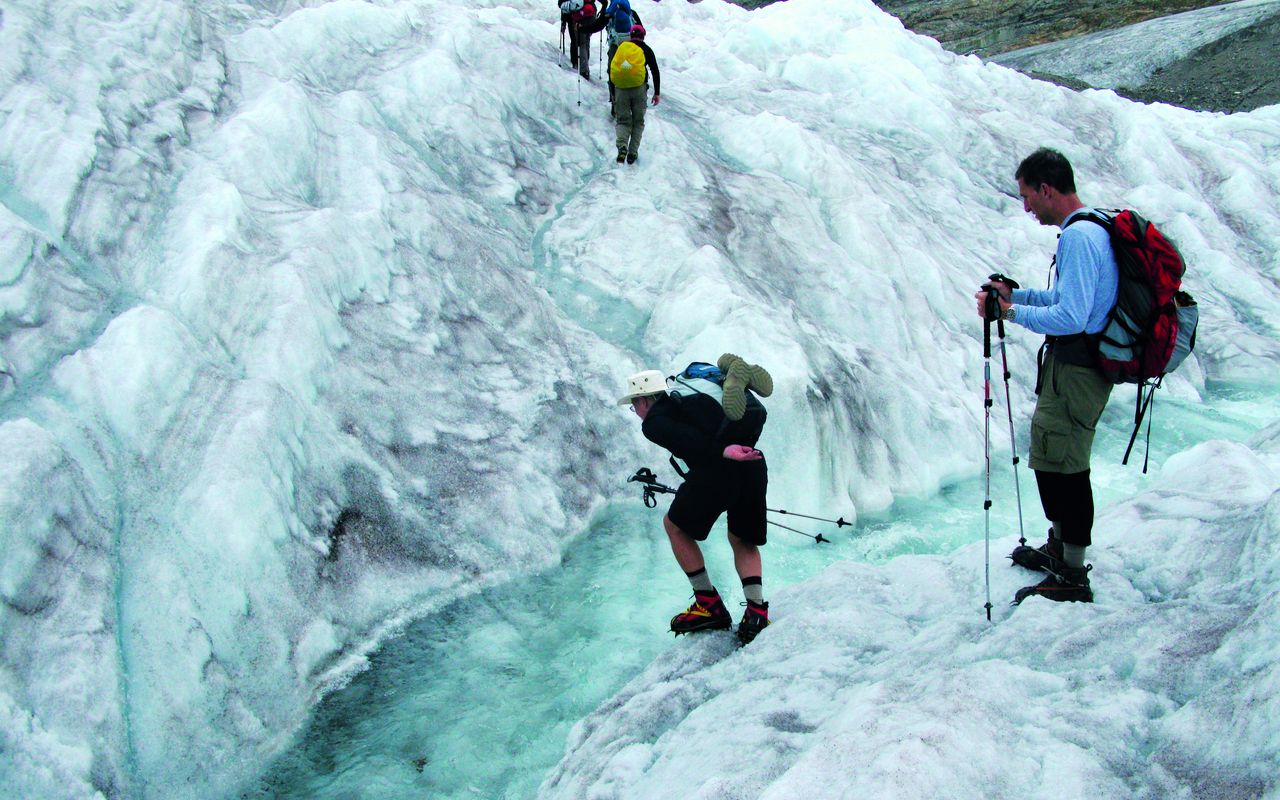
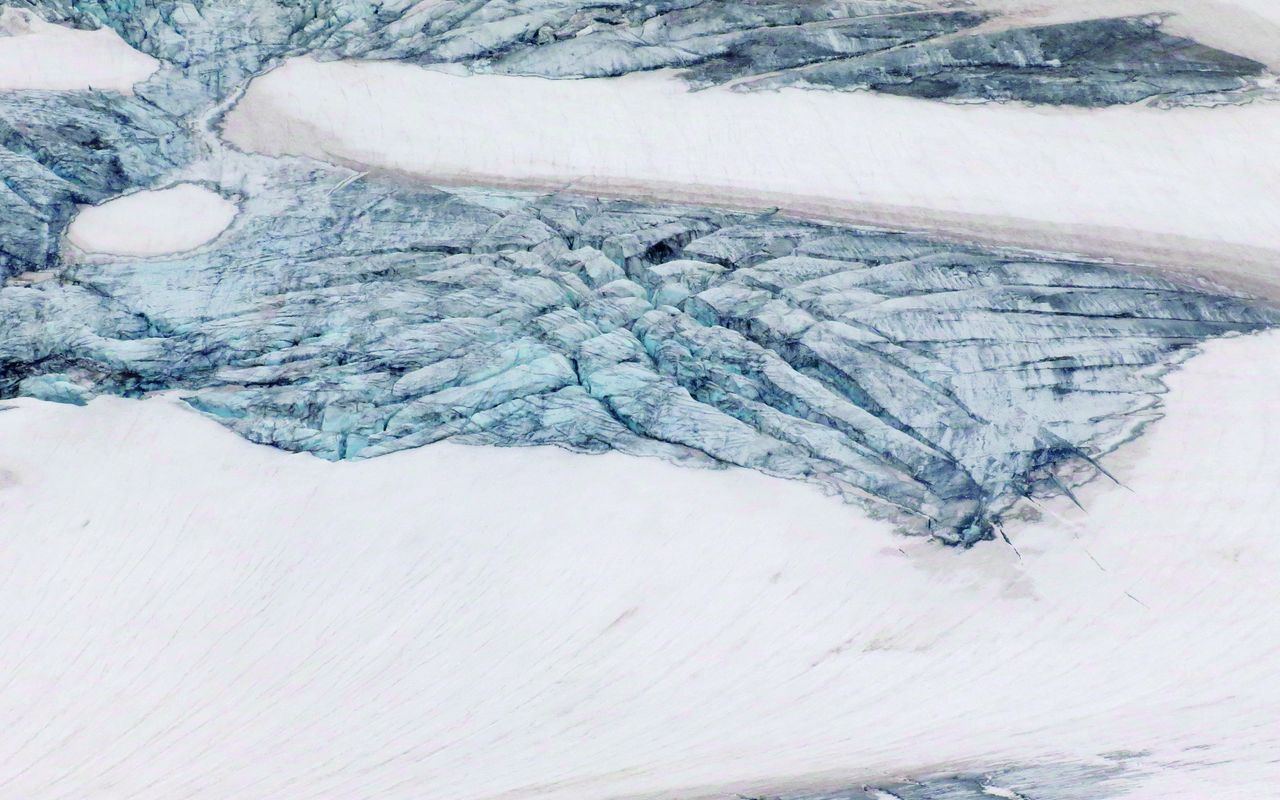
![[Translate to English:] Tour : Mönch](/processed/fileadmin/0/0/csm_Urs_Nett3_b550f93342.jpg
)
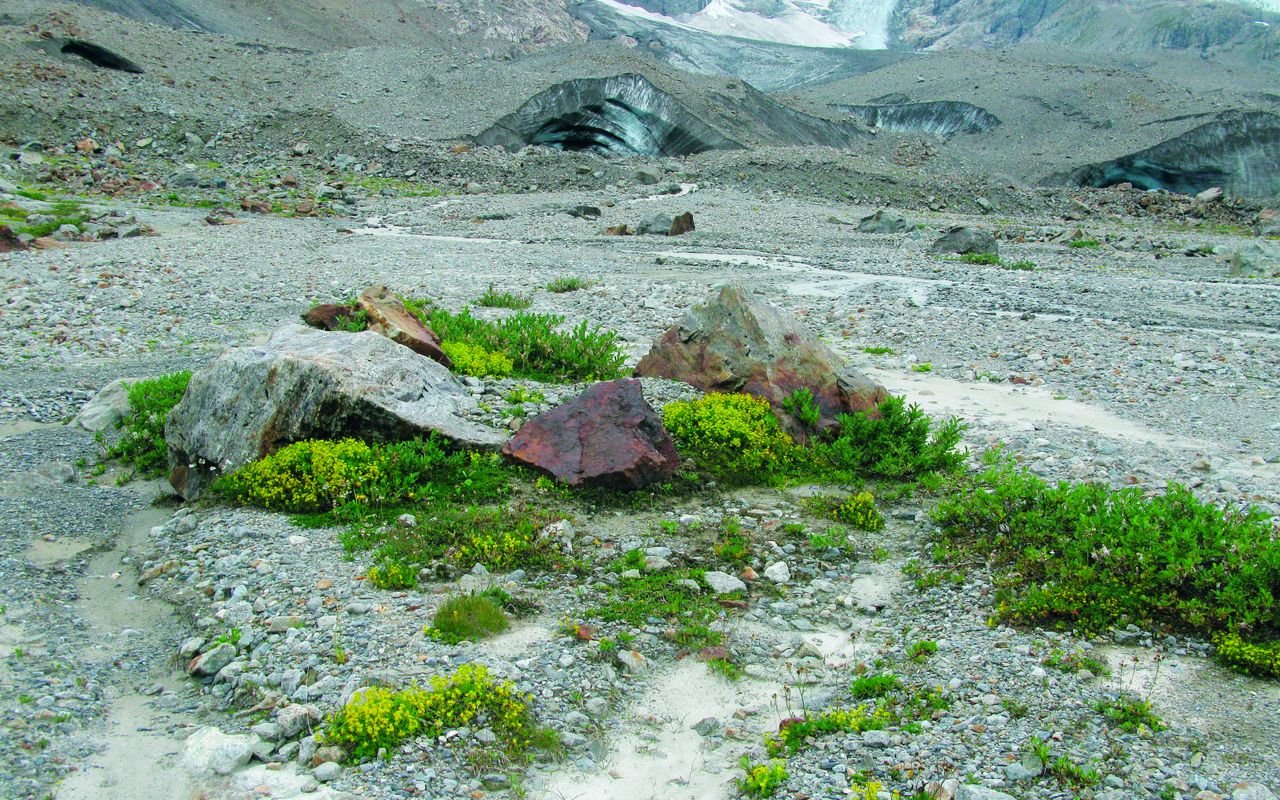
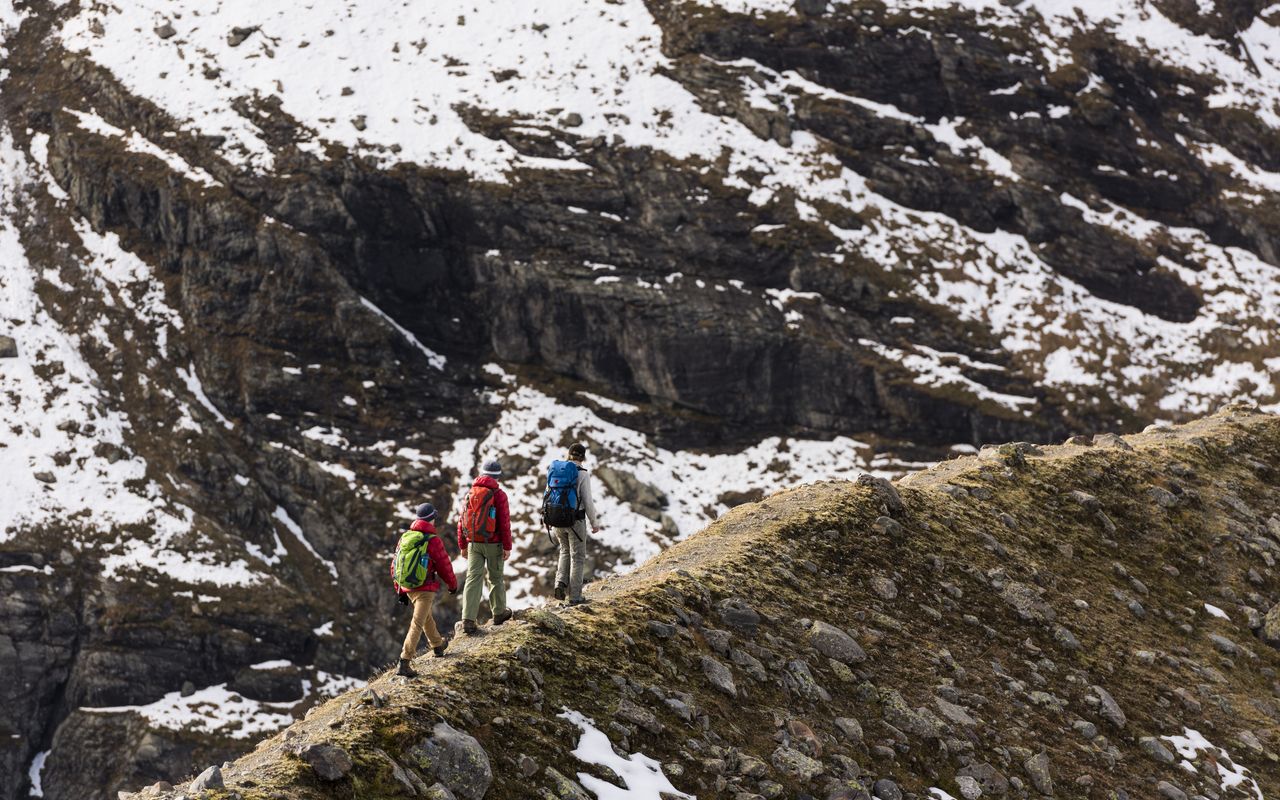
![[Translate to English:] Orny Tourenleiterkurs Bruno Hasler 2014](/processed/fileadmin/c/d/csm_2014-07_039_SAC_TL1_Orny_Bruno_8e72615055.jpg
)
![[Translate to English:] Orny Tourenleiterkurs Bruno Hasler 2016](/processed/fileadmin/7/5/csm_2016-07_199_SAC_TL1_Orny_Bruno_d1f5225774.jpg
)
![[Translate to English:] Obergabelhorn Zinalrothorn Bruno Hasler 2012](/processed/fileadmin/7/9/csm_bruno_1583f8b897.jpg
)

Other points to consider
A responsible attitude and respect for nature are not only important during the climb. The preparation, the means of transport and accommodation are all essential to the success of the hike.
5. Travel ecologically
Take advantage of the numerous offers on public transport. If you must use a car, opt for Mobility or the Swiss Alpine Taxi which is available on some routes.
6. Respect any restrictions on access or parking
It is generally forbidden to drive along forest tracks. Avoid parking in unauthorized areas: this annoys farmers and land owners and can damage vegetation.
7. Eat local produce and save water and energy
Spending the night in the area and buying local produce helps support mountain regions and makes your climb eco-friendlier. Save water and energy in your accommodation: both are in limited supply!
8. Camp responsibly
If you wish to camp, check beforehand that it is permitted. Don’t leave anything behind other than your footprints. You will find more useful tips in our camping and bivouacking brochure (available in German and French).
9. Use existing campfire sites
Each new campfire destroys the soil and vegetation for years. Be aware of the risk of forest fires.
10. Keep dogs on a lead, especially in the forest
Dogs love chasing wild animals, which puts them under a lot of stress.
